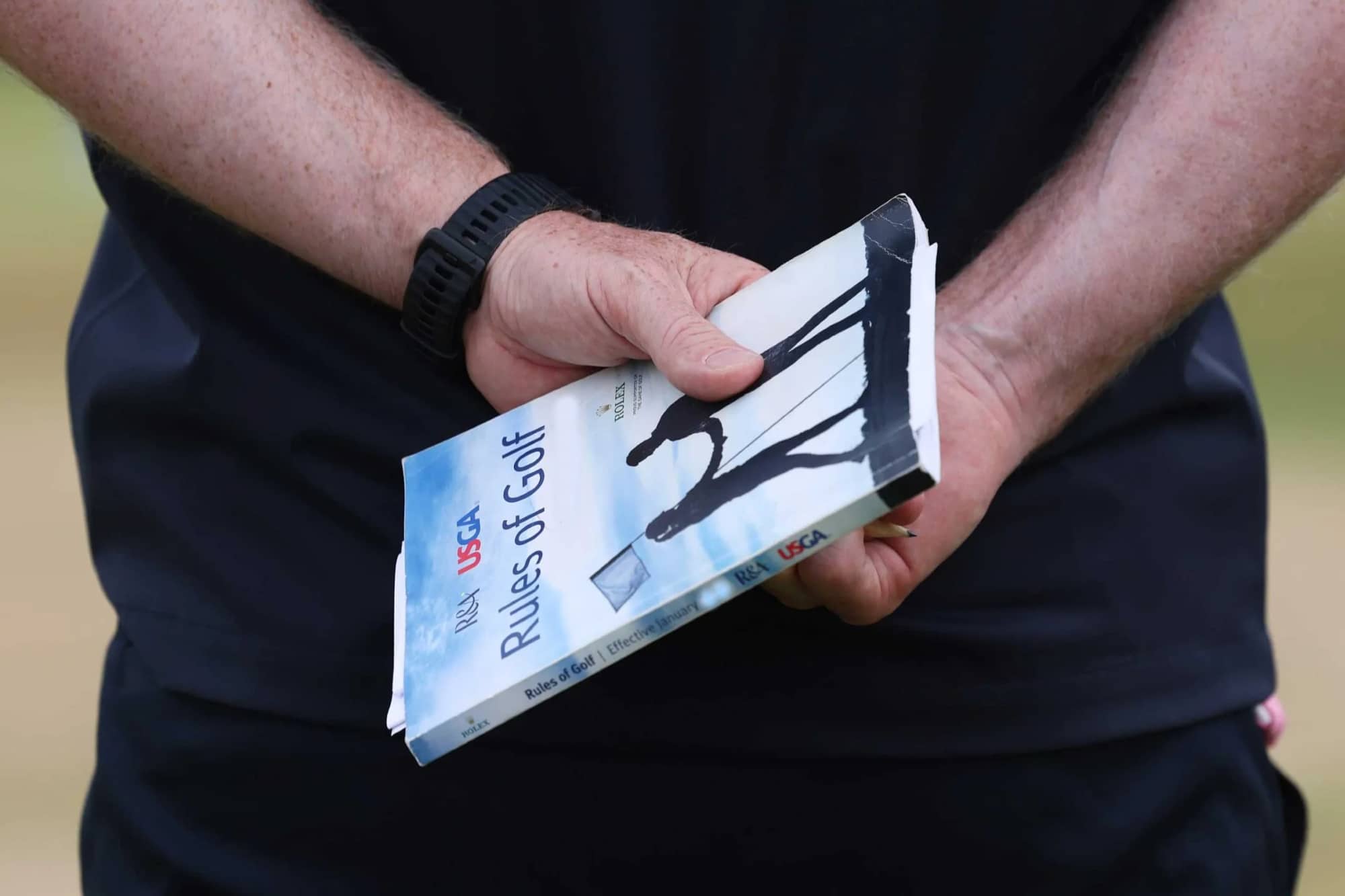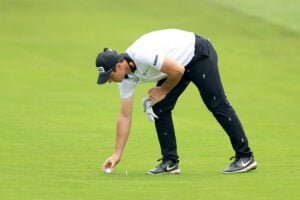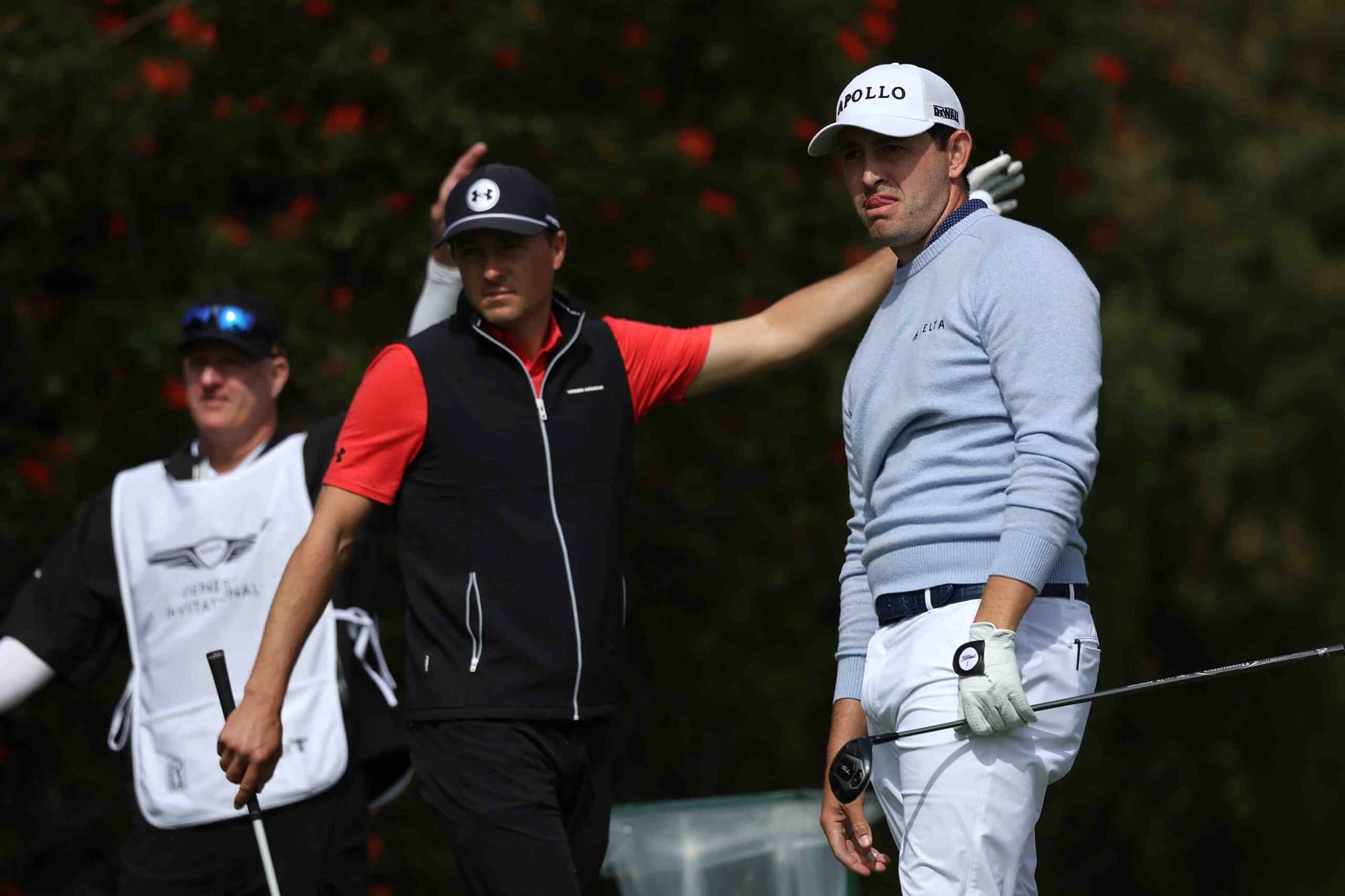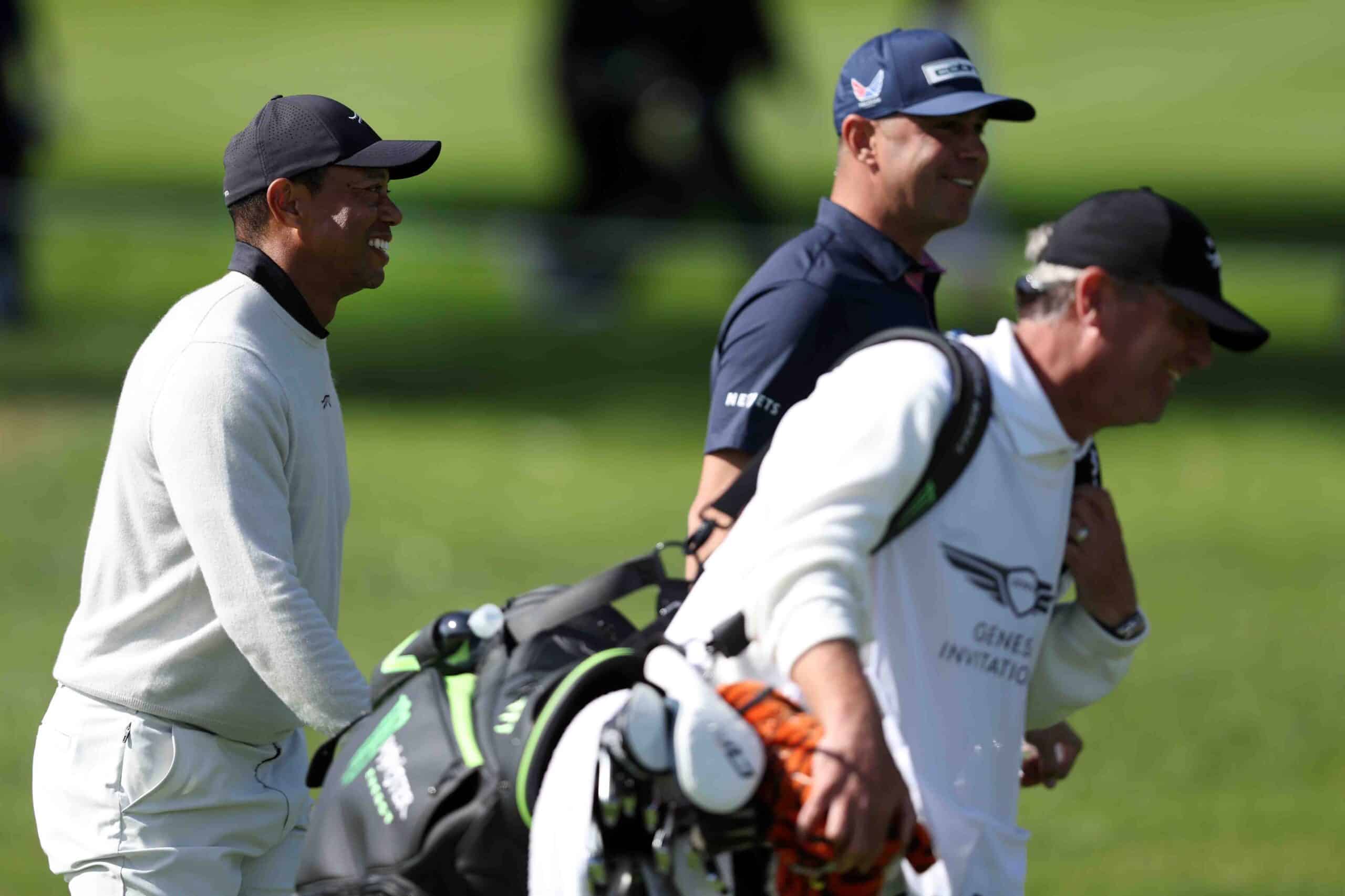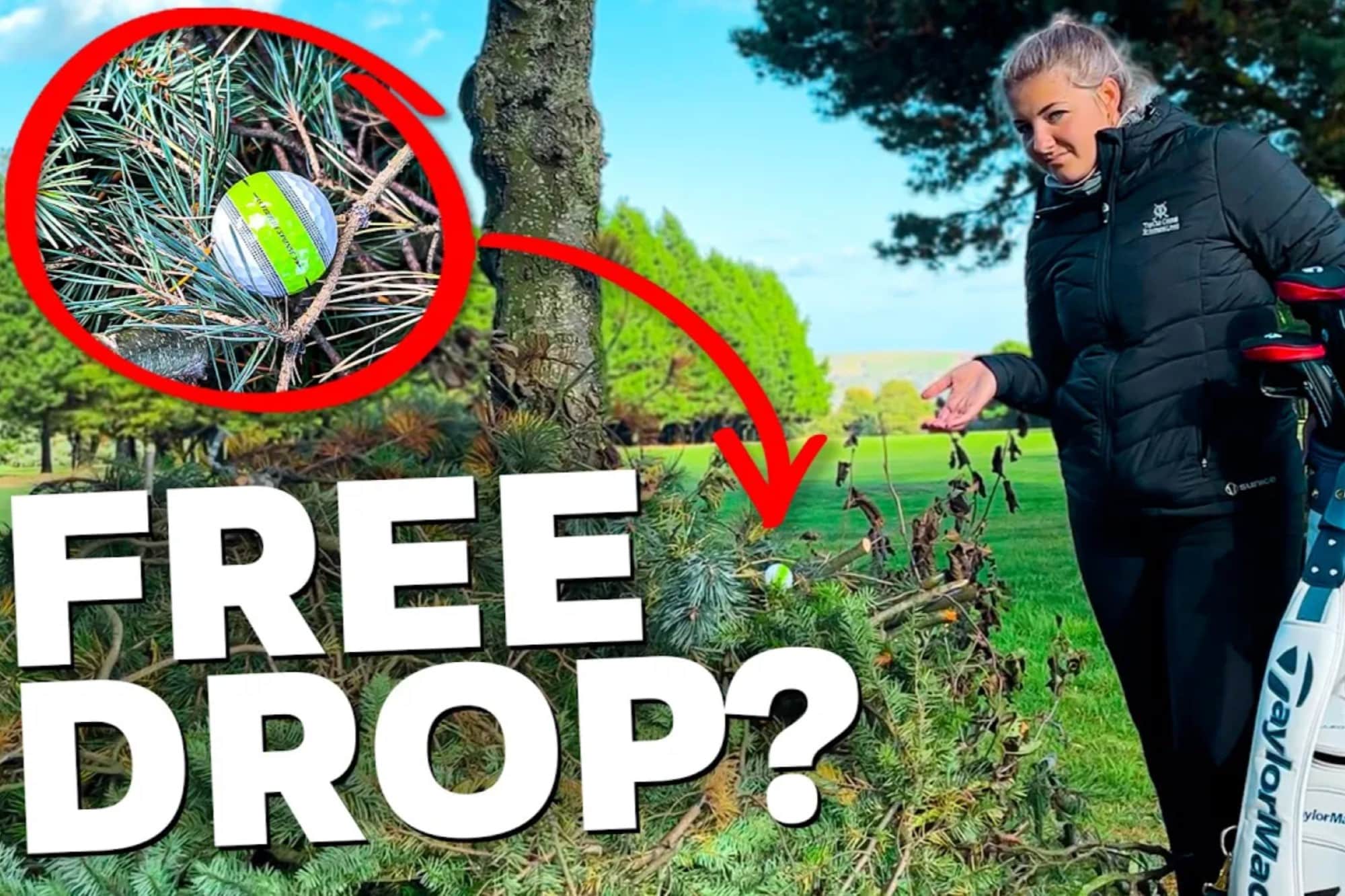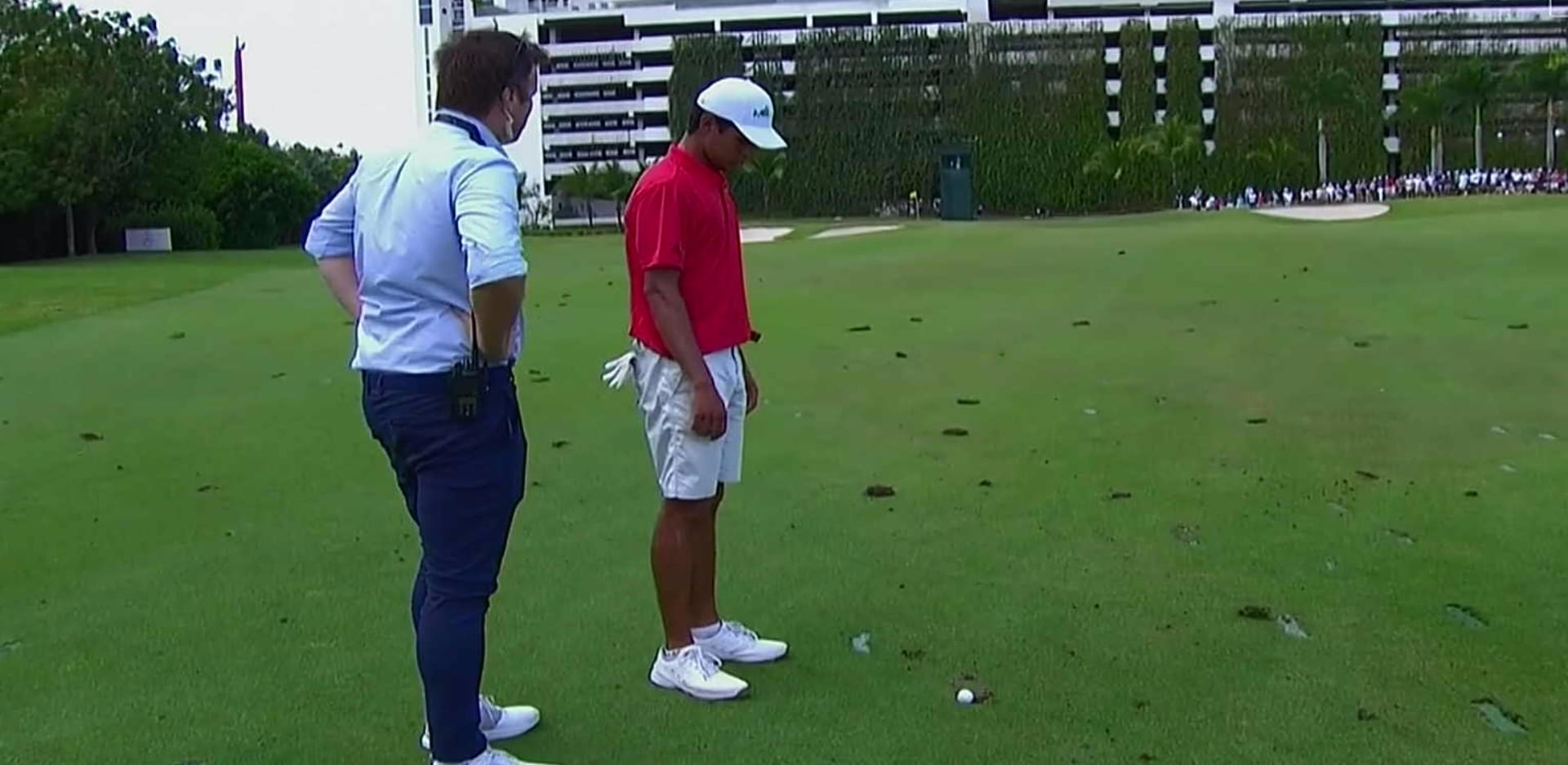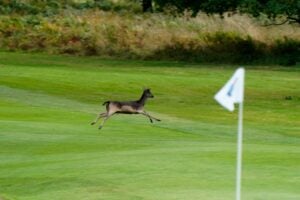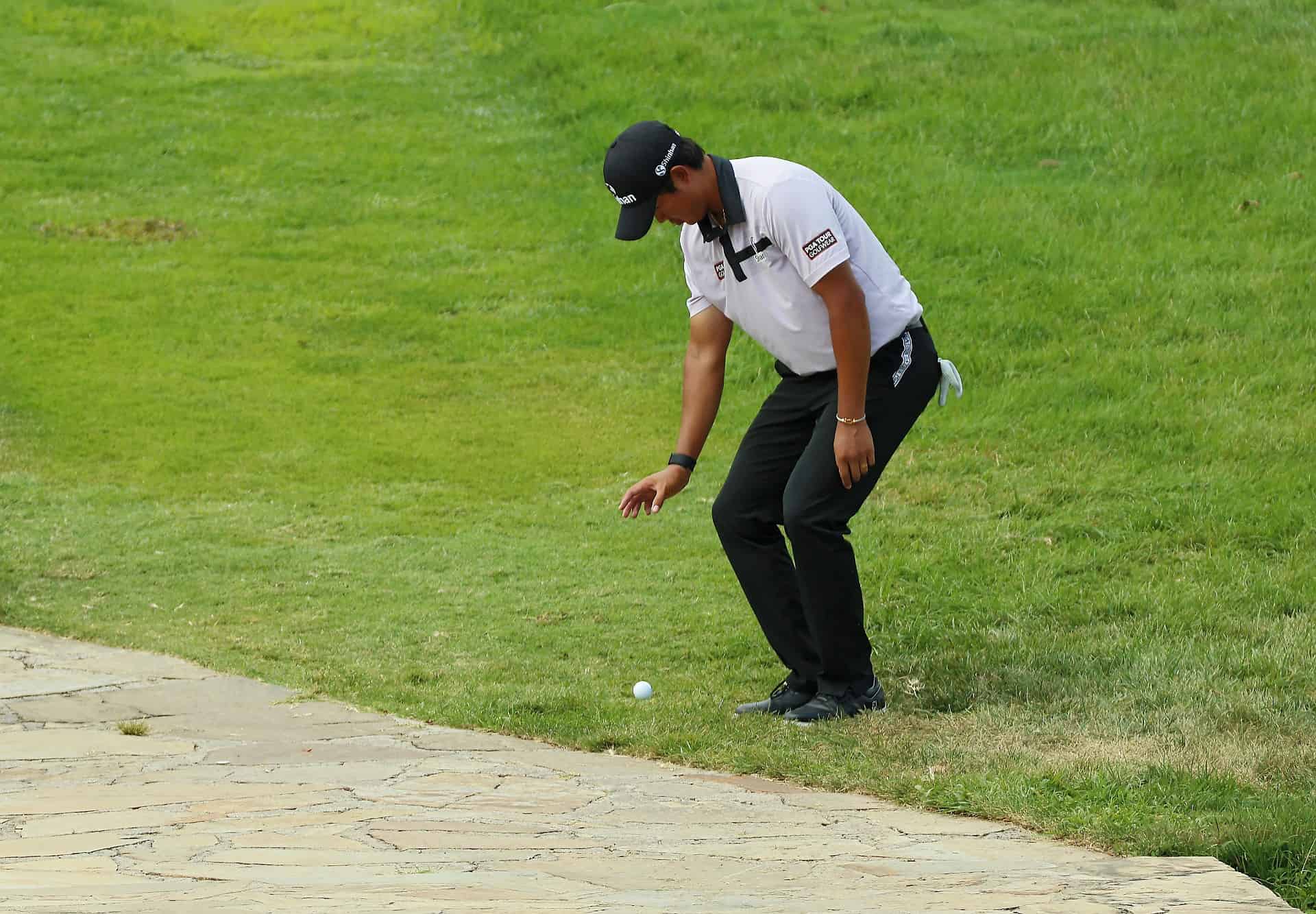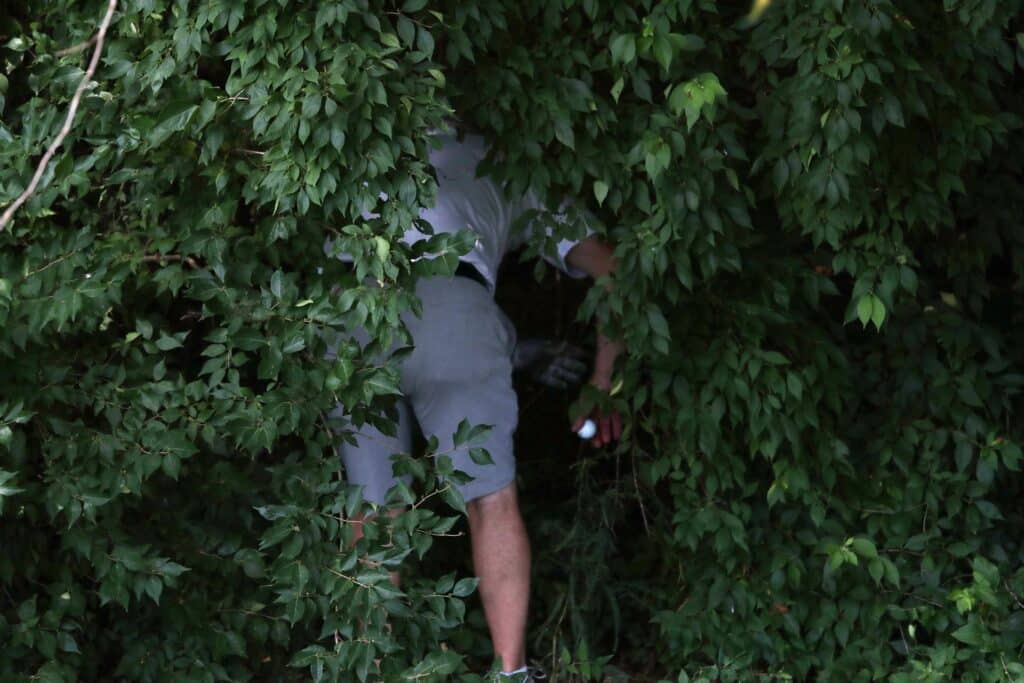
Can I stop my opponent looking for my ball?
You’ve hit a wild one and you’d rather your matchplay opponent didn’t go hunting for it. Can you prevent them from having a peek? Check out these golf ball search rules
Imagine the scene. It’s match play. On a par 3, a player hits their ball into some cabbage but nails a provisional to two feet. They decide they don’t fancy hunting for the first ball. A four might still be good enough.
If they decide not to go searching, can their opponent do so instead? And if it’s found, does our golfer still have to play it – even though their provisional is in a much better spot?
Some Machiavellian stuff is at work here. It’s a question revealing all of the beauty and drama of match play. But what do the rules say? Let’s reveal all…
Golf ball search rules: Can you prevent your match play opponent from looking for your ball?
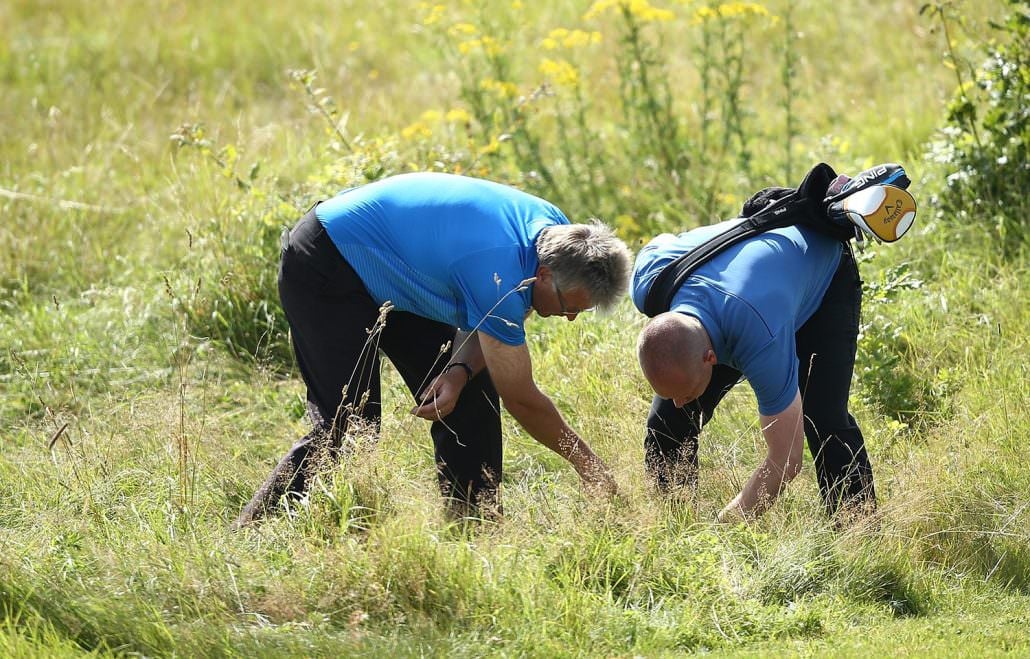
It’s in these moments you find out a lot about the character of those with whom you play. Do you honour the request, or get down on your hands and knees in the deep stuff in the belief you can inflict more misery in the inferno of matchplay combat?
Wasn’t it Seve who said: “I look into their eyes, shake their hand, pat their back, and wish them luck. But I am thinking, ‘I am going to bury you’.
He would have given no quarter if the rules allowed this situation. And they do.
The answer is revealed in a clarification to Rule 18.3c. It says an opponent, or another player if it’s stroke play, can search for the player’s original ball as long as it doesn’t unreasonably delay play.
That’s the case “even if a player prefers to continue play of the hole with a provisional ball without searching for the original ball”.
If that ball is then found while it is still in play, the provisional ball has to be abandoned.
If you ignore that, and choose to play the provisional ball, then you’ve made a stroke at a wrong ball and the result is loss of hole in match play.
Now, that wording “still in play” is important. You might know that a provisional ball becomes the ball in play if the original ball is lost or, when a stroke is made, it is nearer the hole than the estimated point of that original ball.
If that’s all news to you, check out Rule 18.3c (2).
What’s particularly intriguing about that is how the scenario can shape up differently depending on whether you are playing stroke play or matchplay.
In the former, another player could be looking for the original ball while you walk up to the hole and tap it in. If you’ve made that stroke before the original ball is found, it becomes the ball in play “because it was nearer the hole than the estimated spot of the original ball”.
In match play, though, there is an order to follow. Where is your opponent’s ball in all of this?
If your ball is nearer the hole than theirs, they can cancel your tap-in stroke and make you play in the proper order as stated in Rule 6.4a.
But even in that case, their search for your errant original ball comes to an end. That’s because “cancelling the stroke would not change the status of the original ball, which is no longer in play”.
All of these machinations are gamesmanship at its very best. And the Rules of Golf allow every bit of it!
Have a question for our Rules of Golf expert?
Despite the changes to the Rules of Golf at the beginning of 2019, there are still some that leave us scratching our heads. I’ll try to help by featuring the best of your queries in this column.
What do you make of these golf ball search rules? How have ever gone ball hunting when your opponent would rather you had not? Let me know by leaving me a comment on X.
Steve Carroll

A journalist for 25 years, Steve has been immersed in club golf for almost as long. A former club captain, he has passed the Level 3 Rules of Golf exam with distinction having attended the R&A's prestigious Tournament Administrators and Referees Seminar.
Steve has officiated at a host of high-profile tournaments, including Open Regional Qualifying, PGA Fourball Championship, English Men's Senior Amateur, and the North of England Amateur Championship. In 2023, he made his international debut as part of the team that refereed England vs Switzerland U16 girls.
A part of NCG's Top 100s panel, Steve has a particular love of links golf and is frantically trying to restore his single-figure handicap. He currently floats at around 11.
Steve plays at Close House, in Newcastle, and York GC, where he is a member of the club's matches and competitions committee and referees the annual 36-hole scratch York Rose Bowl.
Having studied history at Newcastle University, he became a journalist having passed his NTCJ exams at Darlington College of Technology.
What's in Steve's bag: TaylorMade Stealth 2 driver, 3-wood, and hybrids; TaylorMade Stealth 2 irons; TaylorMade Hi-Toe, Ping ChipR, Sik Putter.


